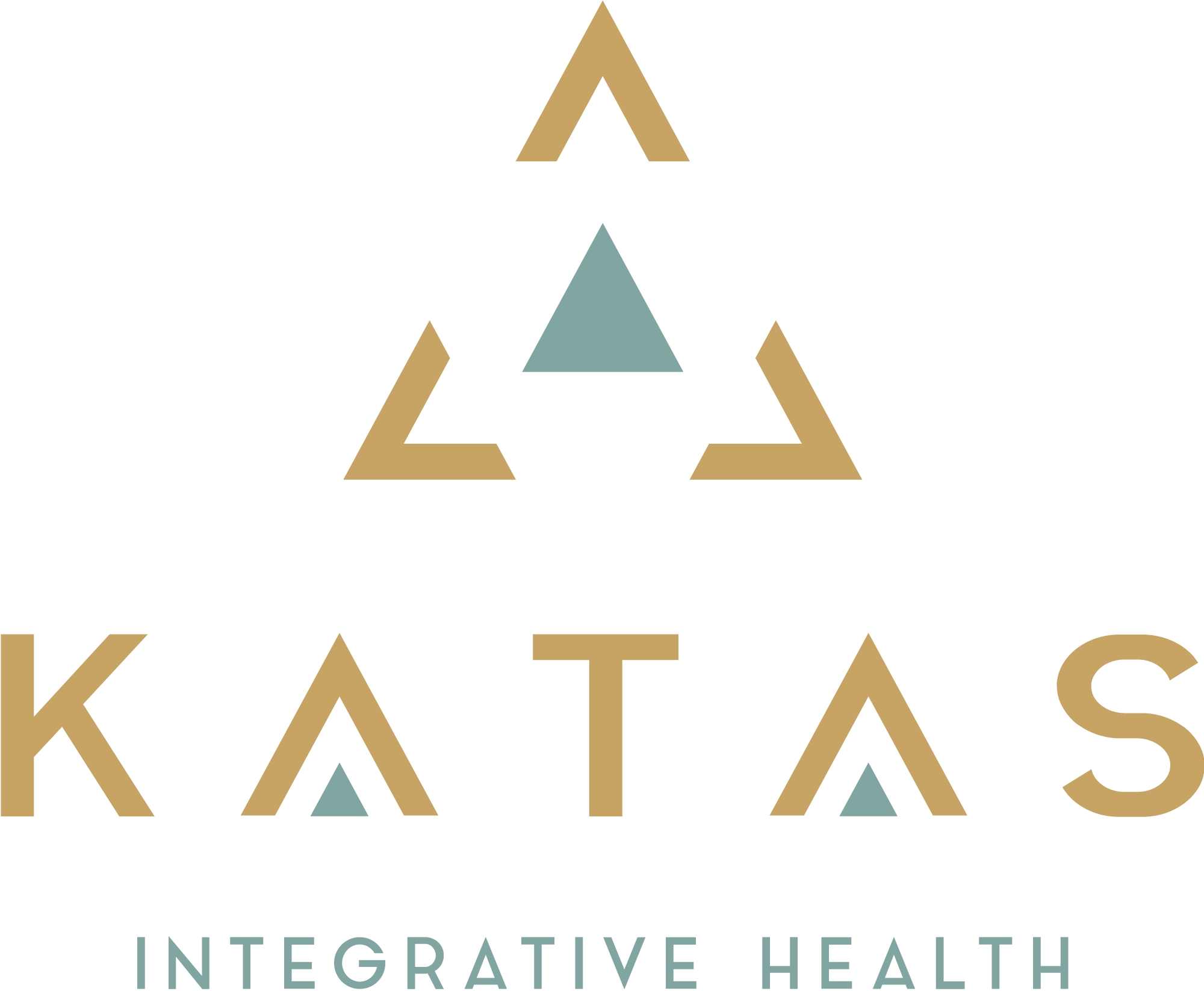Let’s start our discussion with what IBS is. IBS stands for Irritable Bowel Syndrome, which is a chronic gastrointestinal disorder. It is characterized by various digestive dysfunctions and discomfort, such as frequent abdominal pain, gas, bloating, indigestion, and constipation. The symptoms and levels of severity vary significantly between individuals, but this digestive disorder can be quite disabling.
Anxiety and depression are also often associated with IBS due to the stress it creates, negatively affecting one’s emotional, social, and professional life.
IBS Disorder
IBS is one of the most under-diagnosed conditions in the United States. Studies have shown that the prevalence of this disease ranges anywhere from 10% to 25% of adults. However, it is unclear the accuracy of these figures due to the stigma and ignorance around an IBS diagnosis. Some obstacles may be due to people not consulting with their physician, patients being written off as experiencing psychosomatic symptoms, and the attitude that digestive discomfort is “normal.” Regardless, Irritable Bowel Syndrome is the most common functional digestive disorder. Some reports estimate between 38-96 million Americans suffer from IBS in their lifetime, yet only 5-7% of them receive a proper diagnosis.
Causes of IBS
Everyone’s experience with IBS is highly individualized, and so are the initial causes of the onset of the disease. Although IBS is not formally classified as an autoimmune disease, it shares many of the same risk factors, potential causes, and complications of the inflammatory conditions we know today.
List of Causes
A poor diet includes foods high in processed sugar, carbohydrates, and GMOs.
Leaky Gut due to a poor diet, food intolerances, infections, and stress that affect the gut’s integrity.
Bacterial Overgrowth is also known as SIBO (Small Intestine Bacterial Overgrowth), occurs when there are imbalances in the gut bacteria resulting in an overgrowth of bad bacteria. SIBO is often fueled by a diet heavy in sugar, alcohol, and refined carbohydrates.
Yeast Overgrowth can cause many IBS symptoms such as bloating, gas, constipation, and diarrhea. Instead of bacteria, it is yeast or fungi that are overgrown in response to an imbalance in the gut flora.
Parasites are usually ingested, causing digestive damage, nutrient malabsorption, and organ dysfunction.
Food Intolerances can be challenging to detect for several reasons. Many suffer from more than one, testing is expensive, and symptoms of food intolerances can easily be misinterpreted.
Additional causes include antibiotic use, chronic infections, stress, psychological issues, genetics, and hormonal issues.
Conventional vs. Functional Medicine approaches
Conventional Doctors define IBS as a “functional gastrointestinal disorder” because although the GI tract isn’t functioning correctly, there is no apparent physical damage. This attitude encourages a lack of initiative in further research for a cure, and questioning the cause of dysfunction. Instead, most medical professionals are trained to medicate to alleviate symptoms. Unfortunately, this does not solve the long-term health problem.
Functional Medicine Doctors work to discover the “why” behind the disease. Because IBS is a collection of different symptoms specific to the individual, the root cause will likely not be the same for everyone. Ignoring the diversity in this disorder is dangerous because leaving the underlying cause untreated can escalate to more severe conditions, such as autoimmune disorders.
Diagnosis
IBS is diagnosed through the process of exclusion. In other words, a patient may go through extensive lab testing, diagnostic experimentations, and procedures to come to a diagnosis. If everything comes back normal, and doctors cannot identify a diagnosable condition accurately, the patient is categorized under the IBS umbrella. Diagnosing IBS is complex due to lack of anatomical or structural problems, along with physical or chemical disorders. This process strengthens conventional medicine methods of symptom management versus uncovering the actual cause of dysfunction.
Functional Medicine Approach
Diagnostic tests used to identify IBS include Medical History, Physical Exam, Comprehensive Blood Test Stool Analysis, Sedimentation Rate, Upper Endoscopy, IgG Antibody Testing, and Breath Bacterial Tests.
The Functional Medicine 4 R protocol is administered to heal digestive distress, reverse gut complications, and rebalance your gastrointestinal microbiome. It is an incredible tool to acknowledge and treat health issues, dysfunctions, imbalances, and personal health needs.
4 R program
Remove: Eliminate problem foods, toxins, low-grade infections, and oxidative stress.
Repair: Begin reintroducing a clean diet with essential nutrients your body needs.
Restore: Repopulate your gut with healthy bacteria to restore the proper balance of gut flora.
Replace: 18 Replace digestive enzymes, antioxidants, and immune-boosting vitamins to promote sustainable and healthy digestion.

Nutrient Suggestions – Everyone’s needs are different, so it is very important to get the proper nutritional testing and follow your doctor’s recommendations for your individual supplement needs. Here is a list to discuss with your doctor.
• Probiotics
• Digestive enzymes
• L-Glutamine
• Collagen
• Slippery Elm
• Aloe
• Colostrum
• ADEK
• Melatonin
Some thoughts on stress. It is important to remember that managing stress is one of the most singlehandedly things you can do to support, optimize, and sustain good health! Studies have supported that a higher stress level increases the rate of IBS complications. It aggravates symptoms, lengthens the time of episodes, and decreases the repair rate of digestive damage. As the gut and central nervous system are closely related, finding stress management techniques that work well for you will be helpful. Some examples may be Deep Breathing, Exercise, Yoga, Massage, Meditation, Going Outdoors, and Aromatherapy.
Our next two BLOGS will address “How to fix your Gut” and “Understanding the Elimination Diet.”
Don’t hesitate to get in touch with our office if you would like to discuss your health issues.




